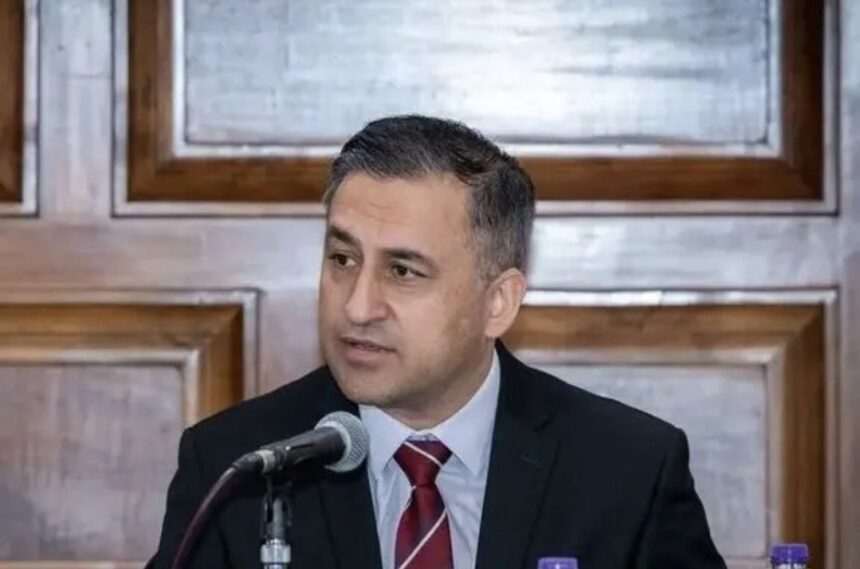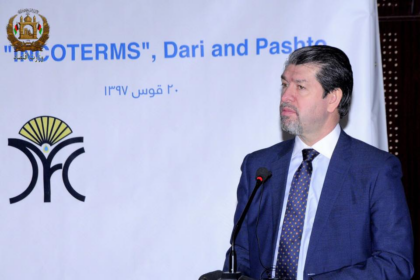RASC News Agency: Zia Saraj, the former head of Afghanistan’s National Directorate of Security (NDS), has revealed that internal divisions within the Taliban leadership have significantly escalated. However, Al-Qaeda continues to play a pivotal role in mediating these disputes. He further suggested that Osama bin Laden’s son, the heir to the Al-Qaeda legacy, is likely residing in either Panjshir or Kandahar. Saraj underscored that Al-Qaeda’s involvement has been critical in managing the Taliban’s internal conflicts, preventing their fragmentation.
“Ethnic and sectarian tensions within the Taliban leadership have reached unprecedented levels,” Saraj stated, “but Al-Qaeda has stepped in to contain these divisions, ensuring the group remains intact.” He further highlighted the ongoing power struggle among Taliban leaders, describing it as deeply rooted and increasingly contentious. In a recent interview, Saraj revealed that Al-Qaeda has been pressuring the Taliban leadership to capitalize on their current position of authority, viewing it as a unique opportunity to advance their broader strategic objectives.
“Al-Qaeda considers Afghanistan its central command hub and operational base a strategically invaluable asset it is determined to safeguard,” Saraj emphasized. He also noted that Western powers, including the United States, are well-informed about Al-Qaeda’s activities within Afghanistan. However, as long as these operations do not pose an immediate threat to their interests, they appear content to manage the situation from a distance rather than engage directly. Media reports have previously confirmed the presence of Al-Qaeda operatives across Afghanistan, including Panjshir and Kabul, where they work in close coordination with the Taliban.
It is worth recalling that during the Taliban’s first regime, Al-Qaeda orchestrated the assassination of Ahmad Shah Massoud, the iconic anti-Taliban commander, cementing their alliance and shared objectives.






